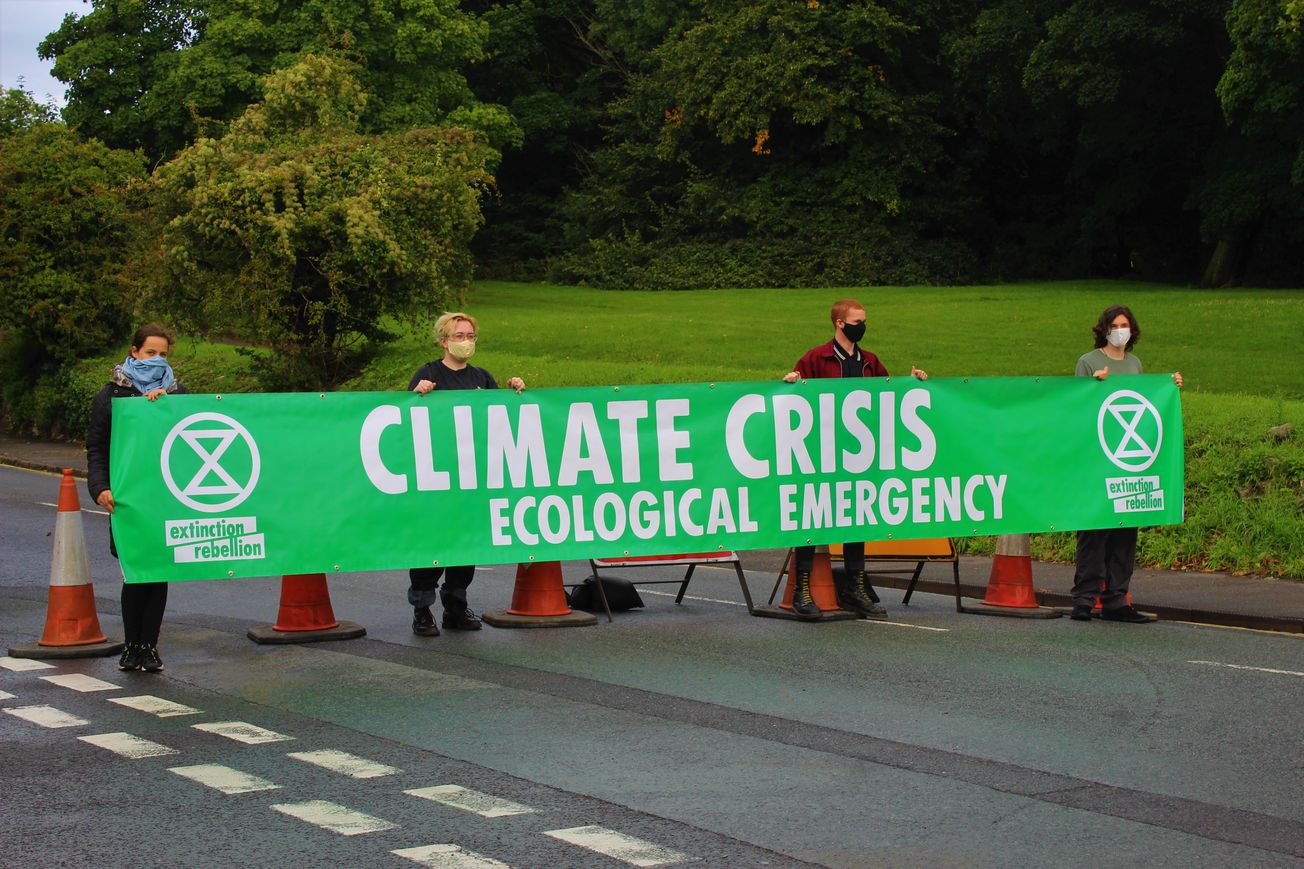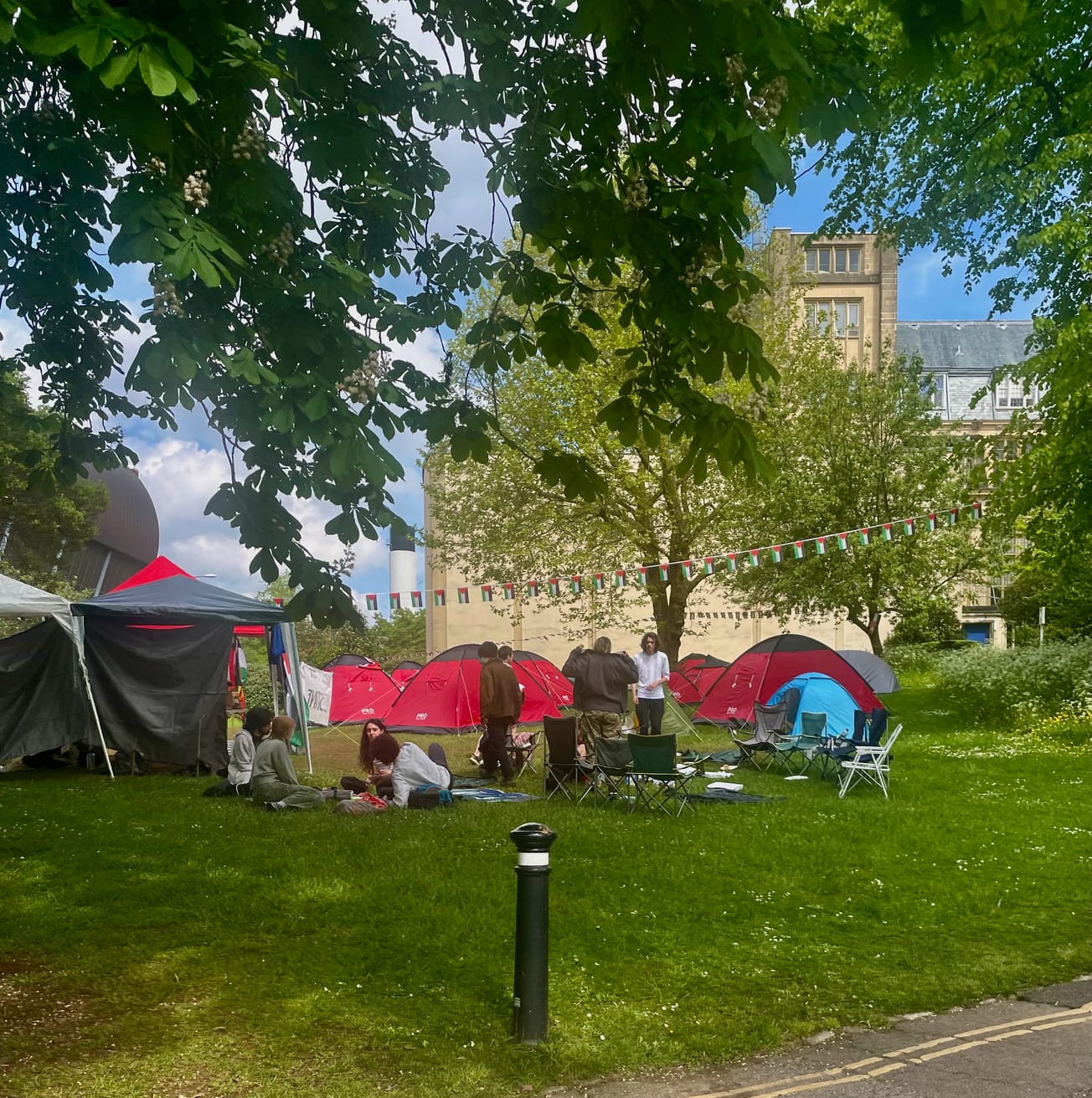By Sarah Dalton, SciTech Editor
In celebration of Epigram's 360th commemorative issue, we take a look back at past headlines and just how far Bristol has ecologically progressed
In 2015, Bristol was named European Green Capital and took on its role in paving the way for future green cities. The award was a huge step forward for the city after Bristol impressed the Jury with its investment plans for transport and energy and reduced carbon emissions since 2005.
The cycling centre was named ‘UK’s greenest city’ by the European Commission and a long line of environmental headlines followed. But is Bristol still the Green Capital it claims to be?
We take a look back at Epigram’s ecological headlines through the years to discover what Bristol has achieved in the climate crisis since 2015.
‘Hey Bristol! Time to divest! – November 2015

In November 2015, just months after the announcement that Bristol was European Green Capital of the year, this headline appeared on Epigram’s website: ‘Hey Bristol! Time to divest!’ The article, by Richard Assheton, responded to a gathering protest by University of Bristol students and staff, asking the University to wind down their fossil fuel investments within five years.
At the time, the University of Bristol had already committed to a net carbon neutral campus by 2030, and was conducting world leading climate change research within the Cabot Institute. Yet campaigners saw the University’s investment of approximately £2 million in fossil fuel companies such as Shell and BP as a contradiction to this, and a betrayal to the city’s position as European Green Capital.
A petition of over 2,000 signatures was handed to then new Vice Chancellor Professor Hugh Brady, who has now just recently announced his departure from Bristol.
Bristol's commitment to leading the way has remained steadfast
The Bristol protesters did not act alone. The protests formed a part of the worldwide Fossil Free campaign in which 220 institutions committed to divesting in some form. The United Nations, along with all four Bristol West election candidates in 2015, backed the cause.
The results were mixed. The following year, Bristol made a partial divestment by investing £3 million in a ‘green fund’ and pledging to divest from companies that derived more than five per cent of their revenues from fossil fuels by 2018. But a full divestment from the fossil fuel industry was still several years away.
University of Bristol to fully divest from fossil fuel industry – March 2018

The protests of 2015 were not an instant success, but clearly their message was received. In March 2018, three years after the protests and Bristol’s Green Capital success, the University of Bristol finally announced its plans to withdraw investments from the fossil fuel industry following talks with the Fossil Free society.
This made Bristol the 10th Russel Group University and 62nd UK university to divest partially, yet the first to fully divest from the Russel Group. Jecca Powell, who reported on the news for Epigram at the time, noted that ‘The University’s most recent decision, marks a move from partial to full divestment […] with experts predicting that the process could be completed as soon as 2020.’
The Chief Financial Officer at the University of Bristol in 2018, Robert Kerse, described the timescale as ‘ambitious’ and yet hoped that Bristol would take ‘swift action to combat climate change’ nonetheless.
Bristol becomes the first university to declare a climate emergency – April 2019

Following a letter to the Vice Chancellor signed by 100 academics and a petition signed by 500 students, in 2019 the University of Bristol became the first university to declare a climate emergency.
The declaration, which was reported on by Imogen Horton, reaffirmed the University’s pledge to divest from fossil fuels by 2020 (which was still ongoing) and to become carbon neutral by 2030.
The announcement supported the Bristol City Council’s declaration only months earlier, and marked a pivotal moment in the University’s stance of the climate crisis, proving that Bristol continued to be a leading city.
University of Bristol successfully divests from fossil fuel companies – February 2020

It seems that Bristol’s pledge was not as too ‘ambitious’ despite concerns. In February 2020, five years on from the initial nationwide protests, the University of Bristol finally announced that it had successfully fully divested from the fossil fuel industry. However, Epigram reporter Benjamin Salman noted in his 2020 article how there was still more work to be done.
Following the success, University management were now calling on the Universities Superannuation Scheme (USS) to do the same. The USS are the largest private pension scheme in higher education, investing £1 billion in fossil fuel companies.
So whilst it is clear that there is more still to be done in solving the climate crisis we currently find ourselves in, Bristol's commitment to leading the way has remained steadfast.
Only time will tell if the University of Bristol's promise to reach carbon neutral by 2030 is kept, but societies such as People and Planet continue to hold the University accountable and fight for change.
Featured Image: Epigram/ Lucy O'Neill
What ecological changes have you seen around the city?









